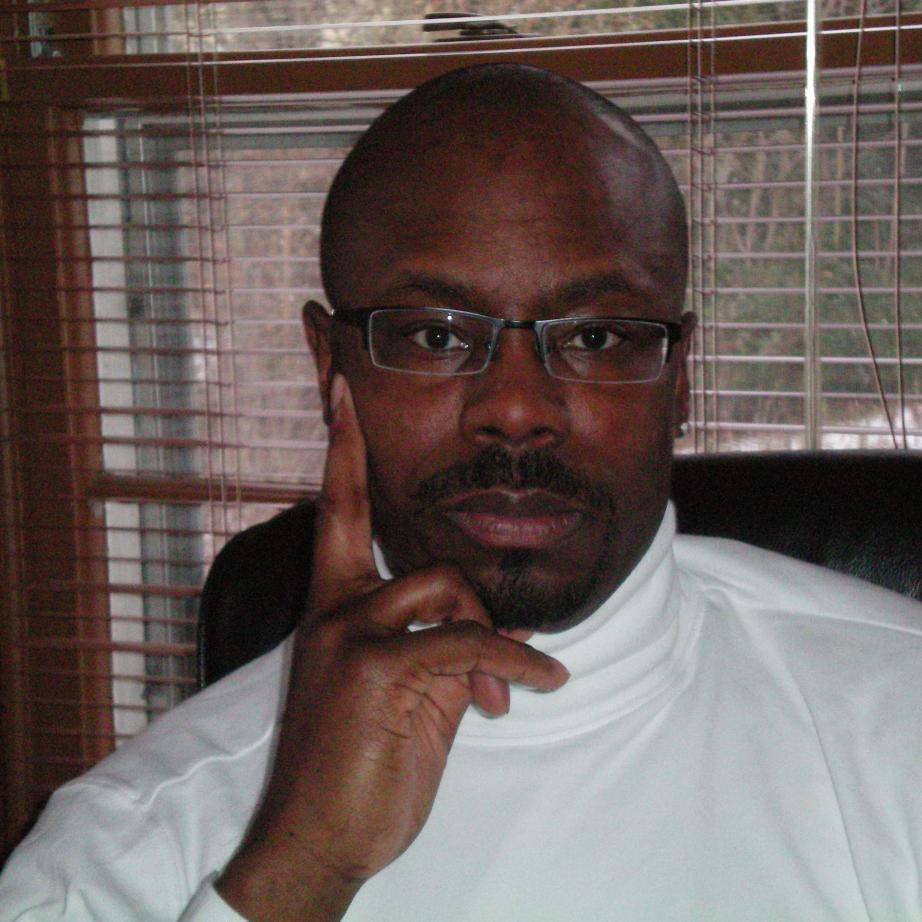Monday, Feb 25, 2013
The Emanuel Levine History Lecture featuring Dr. Kenneth E. Marshall, an associate professor of History at the State University of New York-Oswego, has been postponed.
by Sean Ramsden
Dr. Kenneth E. Marshall, an associate professor of History at the State University of New York-Oswego, was schediled to deliver the 21st annual Emanuel Levine History Lecture, presented by the Department of History at Rider University, on Thursday, March 7, but the event has been postponed.
Marshall, a 1991 Rider graduate, will give a presentation entitled Losing It: Hearing the Silences of Black (Male) Rage Under Slavery in Eighteenth-Century New Jersey. His work focuses on an isolated incident of slave resistance to discuss the difficulties and possibilities of using white sources to discuss the hidden, or muted, rage of New Jersey bondmen. The paper examines how historians “hear” the voices of persons who, by and large, were unable to speak for themselves.
Marshall earned his Ph.D. and M.A. at Michigan State University after receiving his B.A. at Rider. Prior to his position at SUNY-Oswego, he was assistant professor of History at Worcester State College. Published widely on the Atlantic slave trade, slavery and emancipation, and Black masculinity, Marshall is the author of Manhood Enslaved: Bondmen in Eighteenth- and early Nineteenth –Century New Jersey, published by University of Rochester Press in 2011. He also serves on the Editorial Board of Journal of the Early Republic.
The Levine Lecture Series at Rider University began in 1991 in recognition of the late Dr. Emanuel Levine, a member of Rider’s Department of History for nearly 40 years who specialized in ancient history and archaeology. Over the years, the Levine Lecture Series has brought an impressive group of scholars to Rider, including historians who are leaders in their fields and are the recipients of prestigious prizes and awards for their scholarship including multiple Pulitzer Prize winners. The Rider History department is especially thankful to Levine’s wife, Harriet Levine, and his family for making this annual distinguished lecture series possible.

